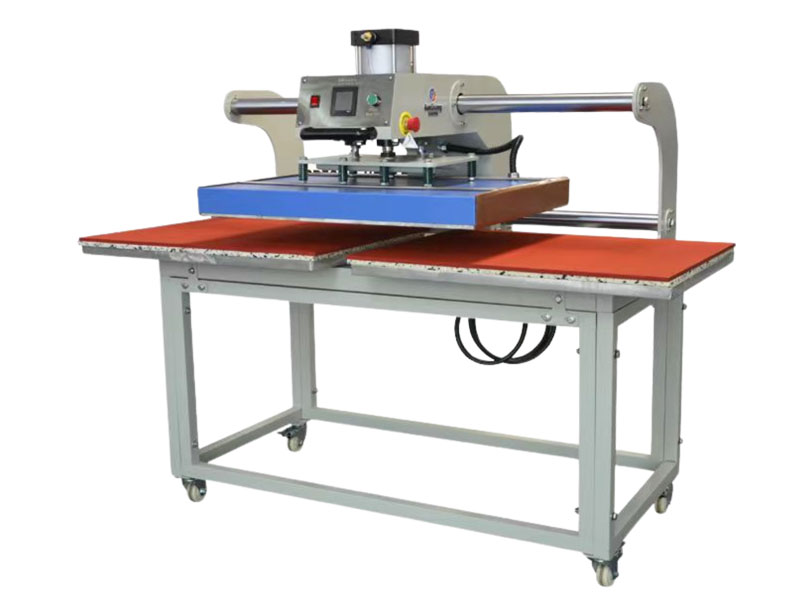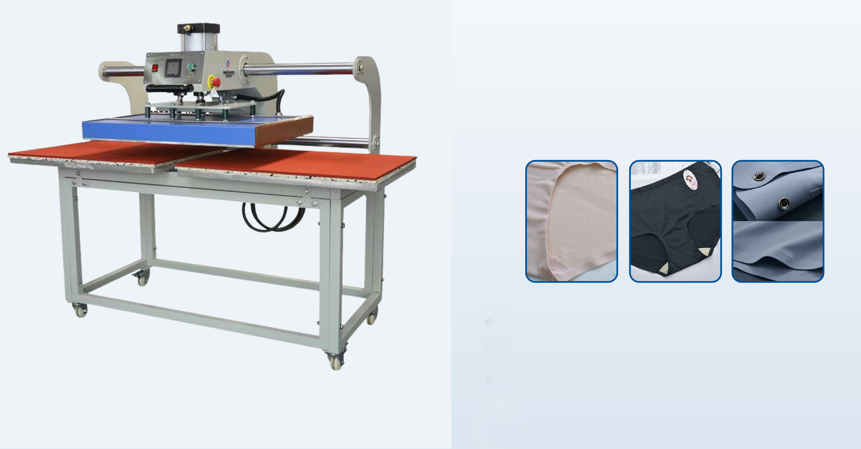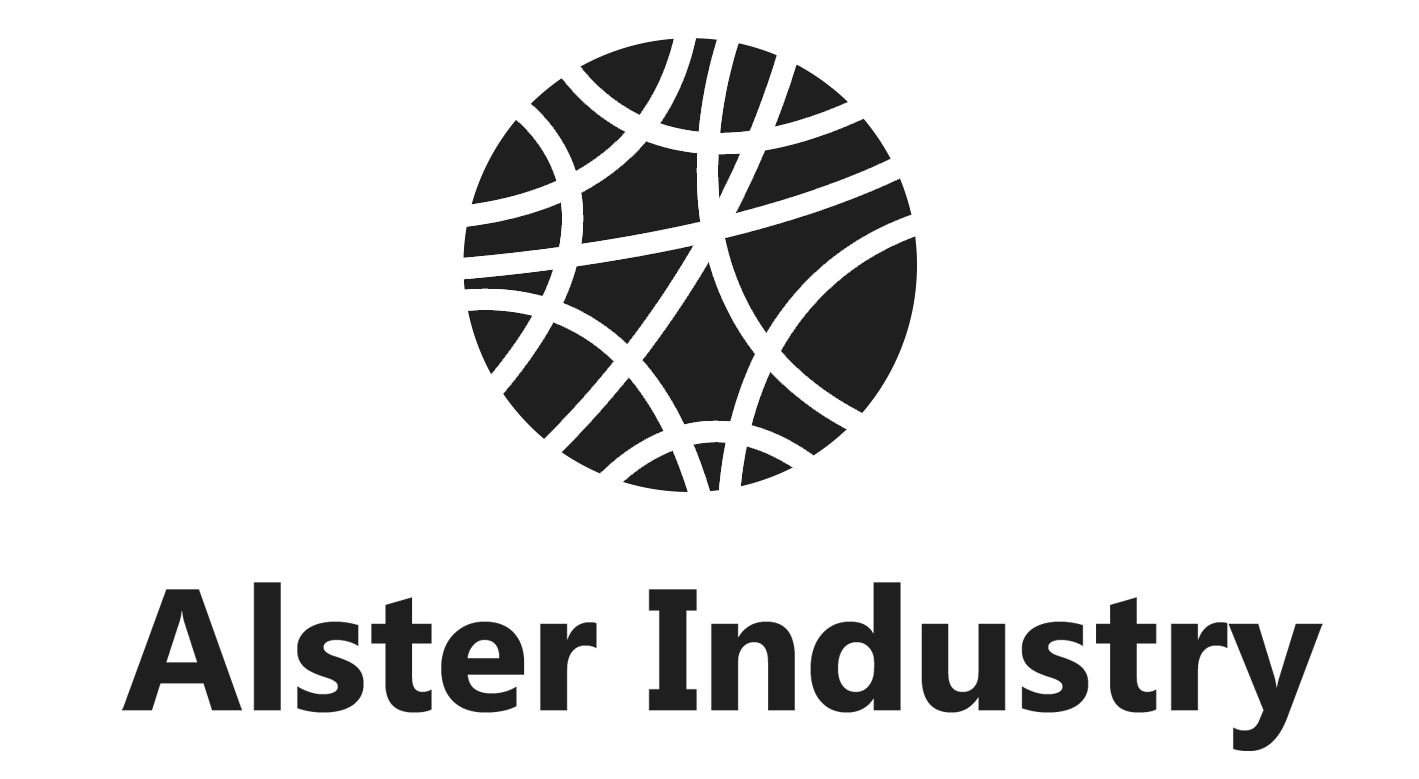In the ever-evolving textile and garment industry, seamless clothing has emerged as a breakthrough innovation. From activewear and underwear to fashion outerwear, seamless garments provide exceptional comfort, flexibility, and durability. At the heart of seamless production lies the advanced equipment, especially the heat pasting machine, which enables fabric bonding without the use of traditional threads and needles.
This blog dives deep into the core machinery used in seamless clothing manufacturing, focusing on the heat pasting machine and its allied technologies.

1. What is a Heat Pasting Machine?
A heat pasting machine, also known as a hot air seam sealing machine, is a specialized bonding tool used in the seamless apparel industry. Instead of stitching, it uses a combination of controlled heat and pressure to bond two layers of fabric using adhesive tape or thermoplastic films.
Main Functions:
Bonding seams in no-sew clothing
Seam reinforcement
Attaching labels or decorative elements
Waterproof seam sealing (for outdoor and sportswear)
Key Features:
Adjustable temperature (typically between 100°C to 600°C)
Precision nozzle for heat direction
High-speed rollers for pressure control
Digital control panels for process setting
Compact footprint for factory integration
By eliminating traditional sewing lines, the heat pasting machine ensures a smooth, clean, and aesthetically pleasing finish for garments.
2. Why Seamless Technology is Taking Over
The rise of seamless technology is not accidental. Consumers today demand clothing that is lightweight, skin-friendly, and built to move. Seamless clothing addresses all these needs by removing hard seams that cause discomfort, while also improving elasticity and fit.
Advantages of Seamless Garments:
No chafing or irritation
Better stretch and flexibility
Lightweight and breathable
Aesthetically sleek appearance
Enhanced durability with fewer weak points
These benefits make seamless clothing ideal for:
Yoga and fitness wear
Running gear
Cycling suits
Intimate apparel
Thermal underwear
Technical and outdoor garments

3. Essential Machines in Seamless Garment Production
While the heat pasting machine plays a central role, seamless garment manufacturing relies on a combination of advanced machinery working in harmony.
Let’s explore the key equipment:
3.1 Heat Pasting Machine (Hot Air Bonding Machine)
As explained above, this is the machine responsible for joining fabrics with heat and pressure.
Applications:
Armhole bonding
Side seam joining
Hem sealing
Crotch reinforcement
Top Features to Look For:
Dual heating zones
Automatic feeding system
Laser positioning
Anti-stick coating on rollers
Compatibility with PU or TPU tapes
3.2 Ultrasonic Sewing Machine
Ultrasonic sewing is another cornerstone of no-sew garment construction. It fuses synthetic fabrics using high-frequency ultrasonic vibrations that create localized heat.
Key Features:
No needles, no threads
Seamless edge finishing
Decorative or functional seams
Faster than traditional stitching
Use Cases:
Collar bonding
Pocket attachment
Elastic insert seams
Ultrasonic technology works particularly well on polyester, nylon, and other synthetic blends common in performance wear.
3.3 Automatic Hemming Machine
Seamless clothing still needs clean, strong hems — even without stitching. Automatic hemming machines designed for seamless apparel use heating elements and rollers to fold and bond the fabric edges.
Benefits:
Consistent edge control
Clean aesthetics
High-speed output
Programmable hem width
This machine is often used in:
Waistband hemming
Sleeve and leg openings
Decorative hem applications
3.4 Tape Bonding Machine / Seam Taping Machine
A variation of the heat pasting machine, tape bonding machines apply thermoplastic tape between two fabric layers, sealing them tightly with controlled heat.
Functions:
Waterproofing seams (rainwear, swimwear)
Reinforcing joins
Decorative bonding
This machine ensures:
No water penetration
Durability in high-stress areas
Stretchable seams for activewear
3.5 Laser Cutting Machine
While not bonding per se, laser cutting machines are essential in seamless clothing for precise shaping of fabric components without fraying or distortion.
Why it’s important:
Accurate panel cutting for perfect fit
Speed and repeatability
Integration with CAD patterns
Laser cut pieces are then passed to the heat pasting machine or ultrasonic unit for bonding.
3.6 Seamless Knitting Machine
Brands like Santoni or Lonati produce circular knitting machines capable of creating entire tubular garments without any side seams.
Features:
Produces tubes, sleeves, waistbands
Integrates mesh and compression zones
Eliminates fabric waste
The output garments are then finished using heat pasting or ultrasonic welding for component assembly.
4. Typical Workflow of Seamless Clothing Production
Let’s look at a standard production flow using these machines:
Yarn Selection → Polyamide, polyester, elastane
Knitting → Using circular seamless knitting machines
Component Cutting → Laser or die-cutting
Component Bonding → Using heat pasting machine or ultrasonic sewing
Reinforcement → Tape bonding in high-stress areas
Label/Decoration Attachment → Using heat press or bonding machine
Hemming → With automatic hemming machine
Quality Control & Packing
This fully automated or semi-automated process eliminates many manual sewing tasks and ensures high productivity.
5. Choosing the Right Heat Pasting Machine for Your Factory
If you’re investing in seamless apparel production, selecting the right heat pasting machine is critical.
Factors to Consider:
Temperature Range: Higher ranges allow bonding of a wider variety of tapes and fabrics.
Speed Control: Essential for thick vs. thin fabric bonding.
Roller Design: Non-stick, durable rollers reduce defects.
Compatibility: Can it work with TPU, PU, EVA tapes?
Precision Nozzle: Narrow vs. wide nozzle for different bonding widths.
User Interface: Digital displays, programmable settings, ease of use.
After-sales Support: Spare parts, training, and technical help.
6. Market Trends in Seamless Garment Equipment
The seamless wear market is expanding rapidly due to fitness trends, e-commerce, and athleisure fashion. This growth is fueling demand for efficient and intelligent machinery.
Current Trends:
Automation & AI integration in heat pasting machines
Use of eco-friendly adhesives
Compact machines for small-batch production
Enhanced energy efficiency
Multi-function machines that combine ultrasonic and heat bonding
As global labor costs rise, seamless technology powered by machines like the heat pasting machine offers scalability, speed, and consistency — the pillars of modern garment factories.
Conclusion: Embrace the Seamless Future
The heat pasting machine is more than just a piece of equipment — it is the core driver of the seamless clothing revolution. Together with ultrasonic welders, laser cutters, and tape bonding systems, it enables a production process that is fast, clean, and future-ready.
Whether you’re a startup activewear brand or an established apparel manufacturer, investing in seamless garment machinery can transform your production efficiency and product quality.
Frequently Asked Questions
Q: Can a heat pasting machine bond all types of fabric?
A: It works best with synthetic materials like polyester, nylon, and spandex. Natural fibers require special adhesives or may not be suitable.
Q: Is ultrasonic welding better than heat bonding?
A: Each has its use. Ultrasonic welding is cleaner and faster, while heat bonding is better for sealing and reinforcing.
Q: How much does a high-quality heat pasting machine cost?
A: Entry-level models may start from $2,000–$5,000, while industrial-grade machines with automation features can exceed $15,000.
Q: Can I use the heat pasting machine for waterproof garments?
A: Yes, especially with TPU tape and proper pressure/temperature settings.
Final Tip
When building a seamless production line, ensure all machines, especially the heat pasting machine, are compatible in speed, material handling, and operation logic. This synergy is key to consistent high-quality output. Want to get more about these machine? Welcome to contact Alster.
